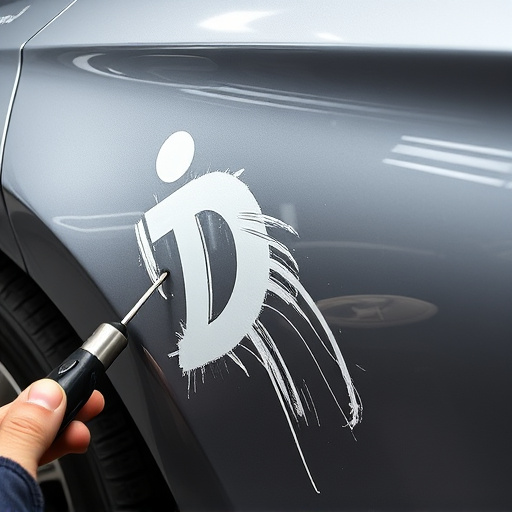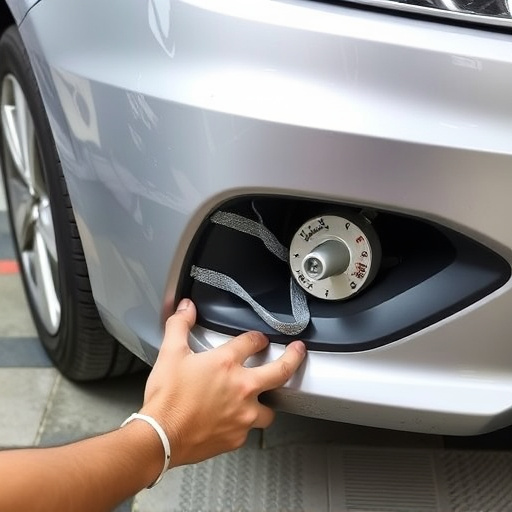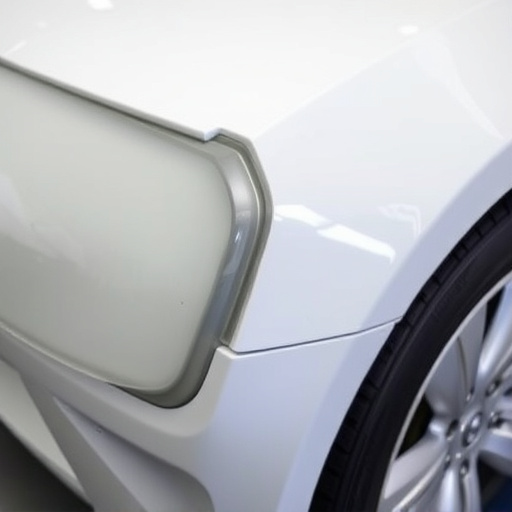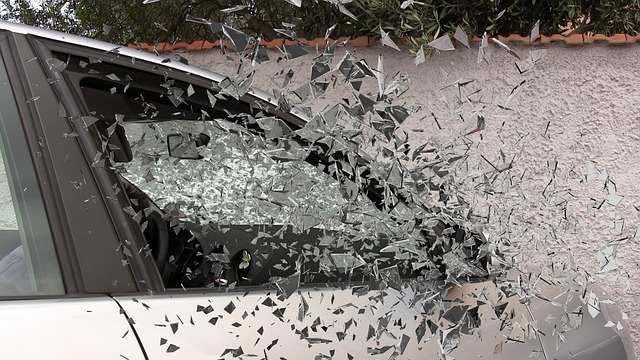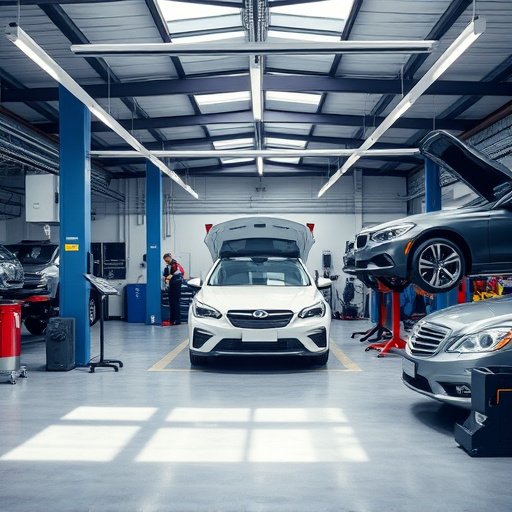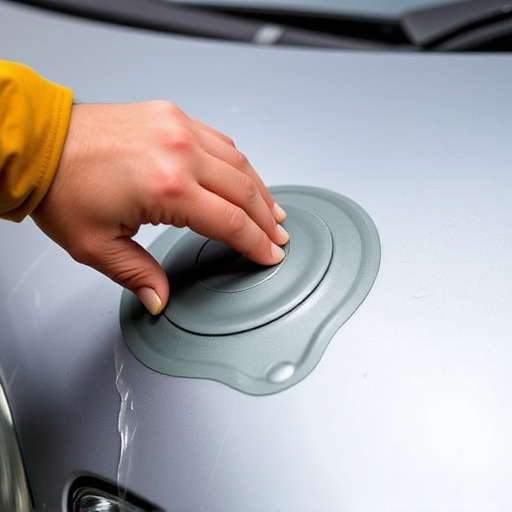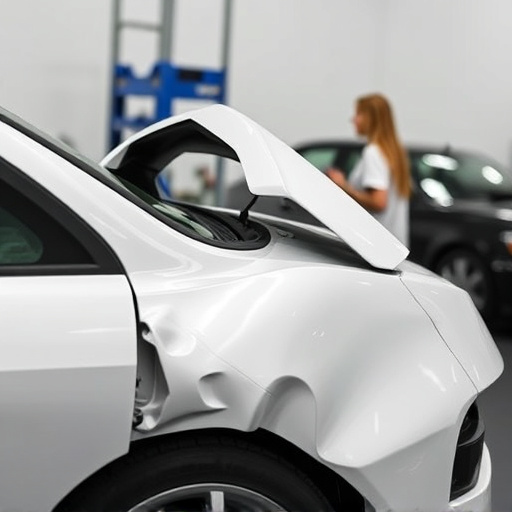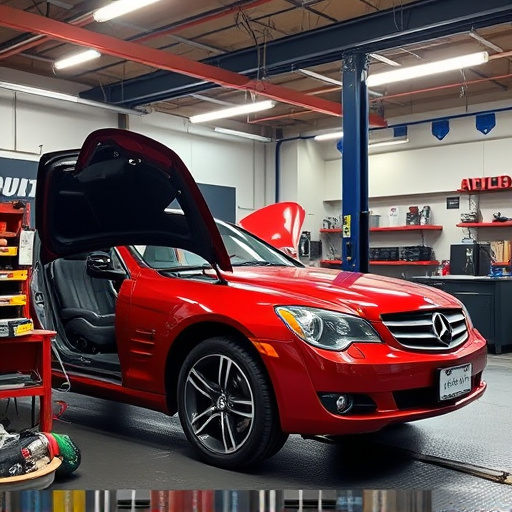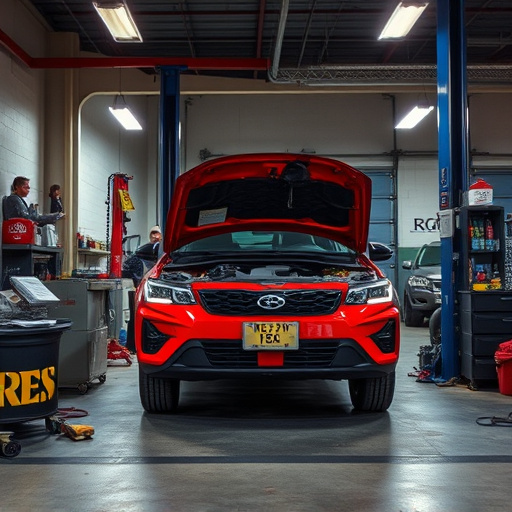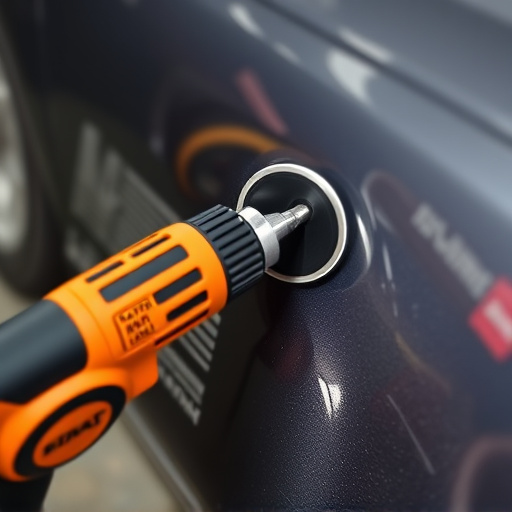After a crash, understanding potential battery damage is crucial for safety and reliability. Battery replacement may be necessary due to internal short circuits, leaks, corrosion, or swelling. Cost factors include vehicle make/model, damage severity, and part choice (OEM vs aftermarket). Comprehensive car bodywork services are vital in assessing battery reuse viability. In cases of significant structural damage, full battery replacement after crash is recommended.
After a car accident, one of the most critical components to assess is your vehicle’s battery. Understanding the potential damage and subsequent costs associated with battery replacement can save you time and money. This article guides you through the process, from recognizing battery damage to navigating repair vs. replacement options. We’ll break down cost factors, ensuring you’re informed when making this crucial decision following a crash.
- Understanding Battery Damage After an Accident
- Cost Factors for Replacement: What to Expect
- Exploring Options: Repair vs. Full Replace
Understanding Battery Damage After an Accident

After a crash, understanding battery damage is crucial for deciding on battery replacement. Batteries are sensitive to impact and can sustain various types of harm, from internal short circuits to chemical leaks. During an accident, even if the vehicle appears structurally intact, the force exerted can cause significant damage to the battery, making it potentially unsafe or inefficient. Recognizing these issues early is vital as they could lead to further problems like electrical failures or even explosions if not addressed promptly.
Collision repair services often involve a thorough assessment of all components, including the battery. Auto maintenance experts inspect for signs of corrosion, cracks, or swelling, which may indicate compromised integrity. Car restoration processes might also be required if severe damage has occurred. Battery replacement after crash scenarios is not just about cost but ensuring safety and reliability in future operations.
Cost Factors for Replacement: What to Expect

When considering battery replacement after a crash, several cost factors come into play. The price can vary greatly depending on various elements such as the make and model of your vehicle, the severity of the damage to the battery, and whether you opt for original equipment manufacturer (OEM) parts or aftermarket alternatives. In general, battery replacements range from affordable to quite costly, especially for luxury vehicles.
At an auto collision center, expect to pay anywhere from $50 to $200 for a standard battery replacement, excluding labor costs. Aftermarket batteries might be slightly cheaper, but they may not offer the same performance or longevity as OEM parts. For cars with more intricate electrical systems or significant car damage repair, the cost could increase dramatically, potentially reaching several hundred dollars. It’s advisable to get quotes from multiple auto collision centers and understand the breakdown of costs to make an informed decision for your luxury vehicle repair.
Exploring Options: Repair vs. Full Replace
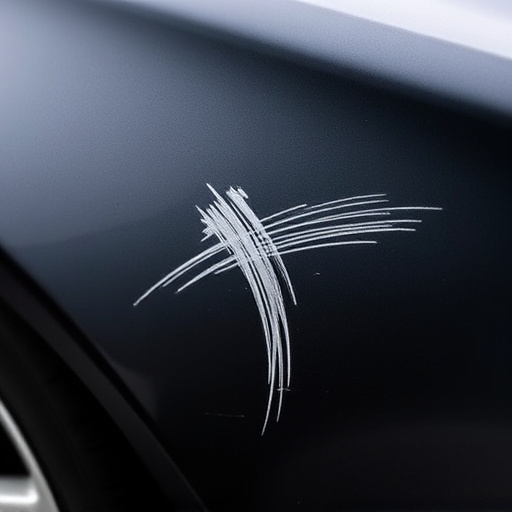
When a vehicle experiences a collision, one of the immediate concerns is the potential damage to its battery. Battery replacement after a crash is often necessary, but it’s essential to weigh your options before making a decision. A simple repair might be sufficient if the battery is only slightly damaged or if the car bodywork services involved are minimal. However, in cases where the frame has been bent or the battery compartment suffers significant structural damage, a full replacement could be the safer and more reliable choice.
Car paint repair and frame straightening play crucial roles in determining whether a battery can be safely reused. If the car’s exterior shows visible signs of distress, it might indicate deeper issues that could compromise the battery’s performance and safety. In such scenarios, consulting with professionals who offer comprehensive services like frame straightening and car paint repair is wise. They can assess the overall damage and guide you through the best course of action, ensuring your vehicle returns to its optimal state post-accident.
Battery replacement after a crash is a significant consideration, with costs varying based on vehicle make, model, and year. Understanding the damage and exploring repair versus full replace options can help drivers navigate this essential maintenance task. Remember that, in light of the above, choosing the right course of action will not only impact your wallet but also the environmental footprint of your decision.
